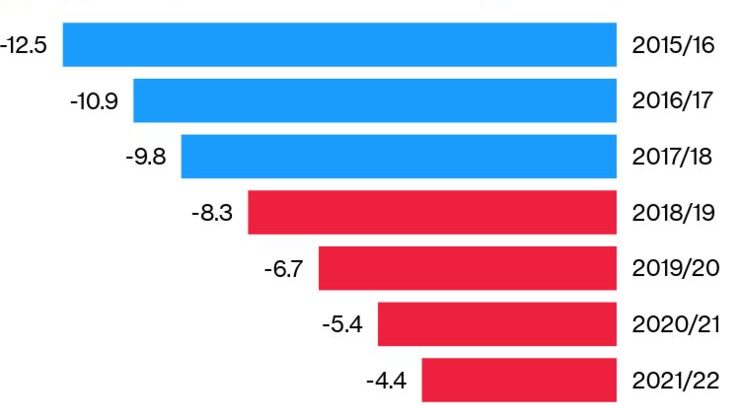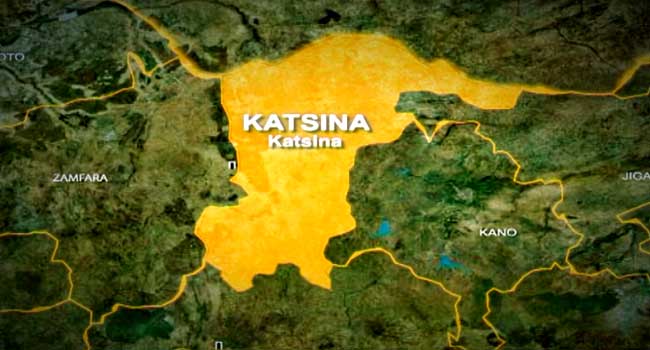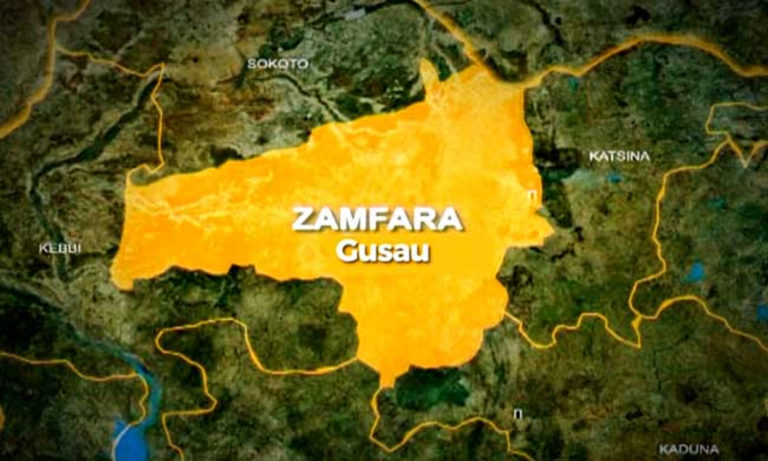Poverty Rate Increases In Egypt Despite IMF-Designed Reforms


The fastest-growing economy in the Middle East, and a force to reckon with amongst emerging economies, Egypt is facing torrid times as companies are languishing amid a climbing poverty rate.
This is despite Egypt’s conclusion of an International Monetary Fund (IMF)-designed programme to alleviate poverty and help boost the Arab world’s most populous nation’s economy.
While inflation is beginning to thin down and government securities faring well, there are clouds casting over businesses, and little foreign investment outside the exploration of oil and gas.
Egypt’s struggles are not disconnected with the devaluation of the pound into half its value. A subsidy cut also contributed to sending prices of commodities into record high levels.
The nation is recovering from a $12bn loan gotten from the IMF. The international lender has hailed Egypt for the huge progress sustained in its macro macroeconomy but has called for larger foreign and private investment.
Inflation has reduced from a very hige 35% sparking a belief in consumers and ensuring more demand. However, a recent increase in price of fuel is yet to bring the projected dividends.
The reforms in 2016 were essential,” said Omneya Ramadan, a senior consultant at Cairo-based Dcode Economic and Financial Consulting. “If the government hadn’t done them, the situation would’ve been much worse. You would have really seen economic chaos.”
The debt ratio has been placed at a level close to the current GDP with continuation of policies ensuring that the fiscal deficit will fall by 2021. A cut in food and other commodities prices have helped grow government’s finances.
Analysts at Societe Generale SA see the pound appreciating another 3.5% by the start of 2020 to 16 against the U.S. currency. If they’re right, that may fuel even greater returns for holders of Egyptian assets, according to Bloomberg.
This has however not had a direct effect on the common Egyptian with almost a third of the population living in poverty.
While average annual household income climbed 33% from 2015 to 58,900 pounds ($3,560) last year, it actually fell 20% when adjusted for inflation.
Business owners are losing patience in the reforms with businesses contracting every month according to statistics. It leaves the Egyptian economic experts and fiscal professionals to help balance a shaky economy.











